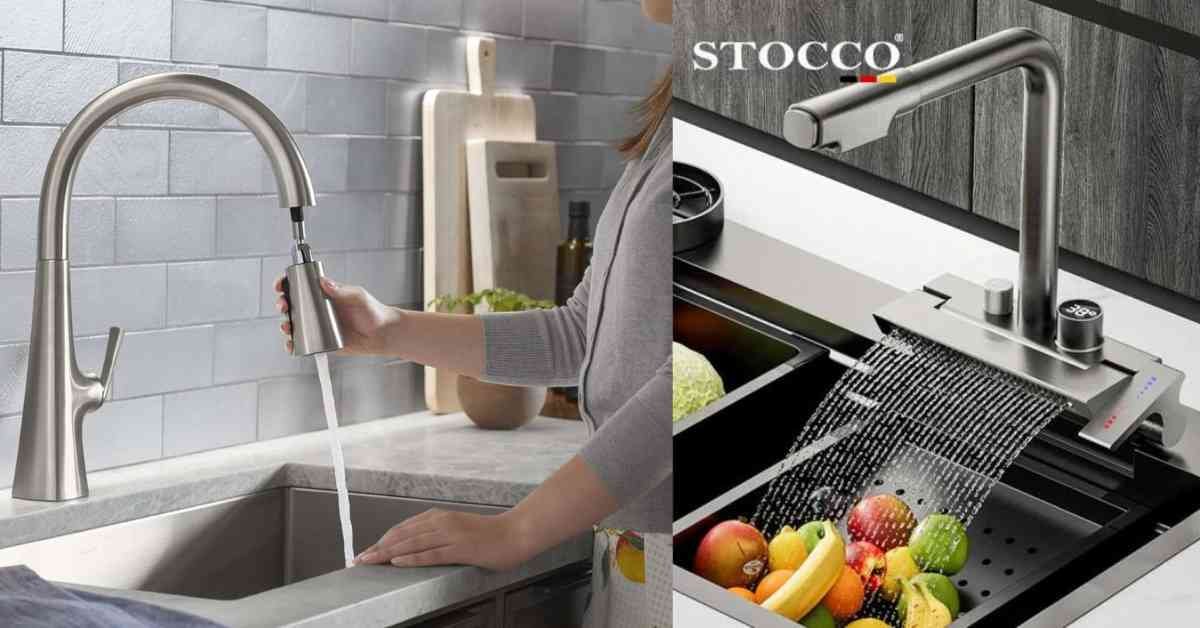Introduction
Home improvement companies play a crucial role in transforming houses into dream homes. These companies offer a wide range of services, from simple repairs and maintenance to large-scale renovations and remodels. This article will delve into the various aspects of home improvement companies, including their services, choosing the right company, benefits of hiring professionals, and the future trends in the industry.
The Range of Services Offered by Home Improvement Companies
Home improvement companies provide a plethora of services tailored to meet the diverse needs of homeowners. Here’s a detailed look at some of the most common services:
- Kitchen Remodeling: This involves updating or completely overhauling a kitchen. Services include installing new cabinets, countertops, appliances, flooring, and lighting.
- Bathroom Renovation: This includes installing new fixtures, tiling, plumbing, and sometimes even expanding the space to create a more luxurious and functional bathroom.
- Basement Finishing: Converting an unfinished basement into a livable space can significantly increase the usable square footage of a home. Services include insulation, drywall, flooring, and electrical work.
- Roofing Services: Home improvement companies often provide roofing services such as repairs, replacements, and new installations, ensuring that the home is protected from the elements.
- Exterior Improvements: This includes siding, windows, doors, and landscaping. Enhancing the exterior can improve the home’s curb appeal and energy efficiency.
- Additions: Adding extra rooms or even entire floors can drastically increase the space and value of a home. This can include building new bedrooms, home offices, or sunrooms.
- Energy Efficiency Upgrades: With the growing emphasis on sustainability, many companies offer services aimed at improving a home’s energy efficiency. This can include installing solar panels, energy-efficient windows, and improved insulation.
- General Repairs and Maintenance: From fixing leaky faucets to replacing damaged flooring, home improvement companies handle a variety of repair and maintenance tasks to keep homes in top condition.
Choosing the Right Home Improvement Company
Selecting the right home improvement company is crucial to ensure a successful project. Here are some key factors to consider:
- Experience and Expertise: Look for companies with a proven track record and expertise in the specific type of work you need. Experienced companies are more likely to deliver high-quality results.
- Licensing and Insurance: Ensure the company is licensed to operate in your area and has adequate insurance coverage. This protects you from liability in case of accidents or damage during the project.
- Reputation and Reviews: Research the company’s reputation by reading reviews and testimonials from past clients. A company with consistently positive feedback is likely to provide satisfactory service.
- Portfolio of Past Work: Reviewing a company’s portfolio can give you a sense of their style and quality of work. This can help you determine if their capabilities align with your vision.
- Detailed Estimates: Obtain detailed estimates from multiple companies. Compare not only the costs but also the scope of work, materials to be used, and timelines provided.
- Communication and Professionalism: Choose a company that communicates clearly and professionally. Good communication ensures that you stay informed and can address any concerns promptly.
- Warranties and Guarantees: A reputable company should stand by its work and offer warranties or guarantees on their services. This provides peace of mind and assurance of quality.
The Benefits of Hiring Professional Home Improvement Companies
Hiring a professional home improvement company offers numerous benefits over attempting a DIY approach. Here’s why professional services are often the better choice:
- Expertise and Skill: Professional contractors have the skills and knowledge necessary to complete complex projects efficiently and to a high standard. They are trained to handle various aspects of home improvement, from design to execution.
- Quality Materials: Reputable companies have access to high-quality materials and can often source them at better prices due to established supplier relationships. This ensures the longevity and durability of the improvements.
- Time Efficiency: Professionals can complete projects faster and more efficiently than a homeowner working on weekends and evenings. This minimizes disruption to your daily life.
- Cost-Effectiveness: While hiring professionals may seem more expensive initially, it can save money in the long run. Proper installation and quality work reduce the need for future repairs and maintenance.
- Safety: Home improvement projects can involve hazardous tasks such as electrical work, plumbing, and structural modifications. Professionals are trained to perform these tasks safely, reducing the risk of accidents.
- Permits and Codes: Professional contractors are familiar with local building codes and regulations. They can obtain the necessary permits and ensure that the work complies with all legal requirements.
- Design and Planning: Many home improvement companies offer design and planning services. They can help you conceptualize your ideas, create detailed plans, and ensure that the final result meets your expectations.
- Project Management: Managing a home improvement project involves coordinating various trades, scheduling, and problem-solving. Professional companies have project managers who handle these tasks, ensuring smooth and timely completion.
Future Trends in the Home Improvement Industry
The home improvement industry is continually evolving, driven by advancements in technology, changing consumer preferences, and the push towards sustainability. Here are some future trends to watch:
- Smart Home Technology: The integration of smart home technology is becoming increasingly popular. Home improvement companies are incorporating smart systems for lighting, heating, security, and entertainment, providing homeowners with greater control and convenience.
- Sustainable and Eco-Friendly Practices: There is a growing emphasis on sustainability in home improvement. Companies are using eco-friendly materials, promoting energy-efficient solutions, and adopting sustainable construction practices.
- Aging-in-Place Modifications: As the population ages, there is an increasing demand for home modifications that allow seniors to live independently and safely. This includes installing ramps, grab bars, and accessible showers.
- Custom and Personalized Designs: Homeowners are seeking more personalized and unique designs that reflect their individual tastes and lifestyles. Custom cabinetry, bespoke furniture, and tailored layouts are becoming more common.
- Outdoor Living Spaces: The trend of creating outdoor living spaces is on the rise. Home improvement companies are designing and building outdoor kitchens, patios, decks, and gardens that extend the living area of the home.
- Virtual and Augmented Reality: The use of virtual and augmented reality in home improvement is growing. These technologies allow homeowners to visualize their projects in 3D before construction begins, aiding in decision-making and planning.
- Health and Wellness Features: There is an increasing focus on incorporating health and wellness features into homes. This includes improved air and water filtration systems, natural lighting, and spaces designed for relaxation and exercise.
- Modular and Prefabricated Construction: Modular and prefabricated construction methods are gaining traction. These approaches can speed up the building process, reduce waste, and often result in cost savings.

Challenges Faced by Home Improvement Companies
Despite the opportunities, home improvement companies face several challenges:
- Skilled Labor Shortage: The industry is experiencing a shortage of skilled labor, which can lead to delays and increased costs. Companies must invest in training and retention strategies to mitigate this issue.
- Supply Chain Disruptions: Global supply chain issues can affect the availability and cost of materials. Companies need to establish reliable supplier relationships and plan for potential disruptions.
- Economic Fluctuations: Economic downturns can lead to reduced spending on home improvements. Companies must be adaptable and find ways to offer value in various economic conditions.
- Regulatory Compliance: Navigating the complex landscape of building codes and regulations can be challenging. Companies must stay informed and ensure compliance to avoid legal issues.
- Competition: The home improvement market is highly competitive. Companies need to differentiate themselves through quality, service, and innovation to attract and retain clients.
Conclusion
Home improvement companies are vital in helping homeowners achieve their dream living spaces. By offering a wide range of services, maintaining high standards of quality, and adapting to industry trends, these companies ensure that homes are not only functional and aesthetically pleasing but also safe and sustainable. As the industry continues to evolve, homeowners can look forward to innovative solutions and enhanced living experiences provided by professional home improvement companies. Whether you are planning a small renovation or a large-scale remodel, choosing the right company is key to ensuring a successful and satisfying project.





